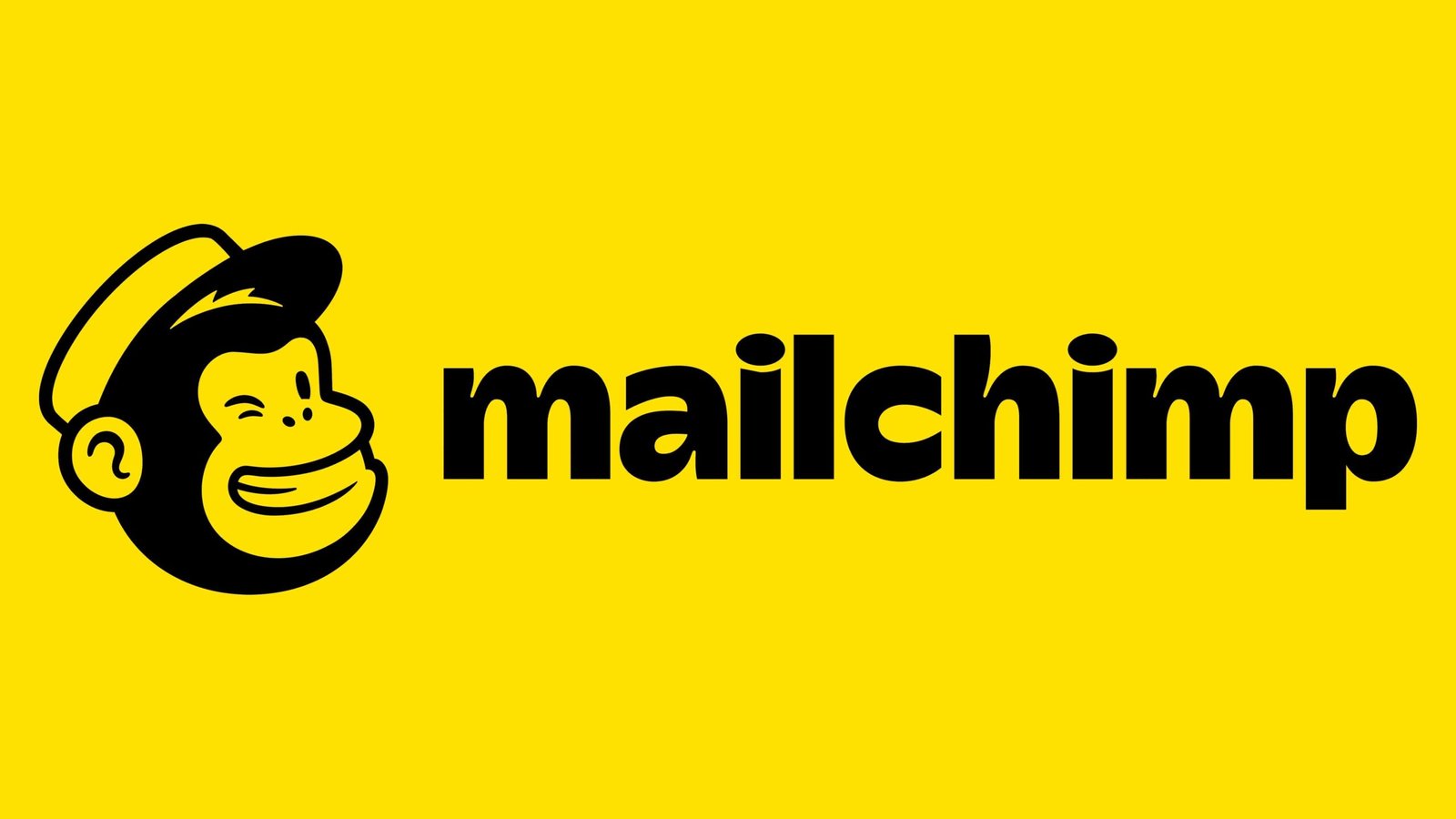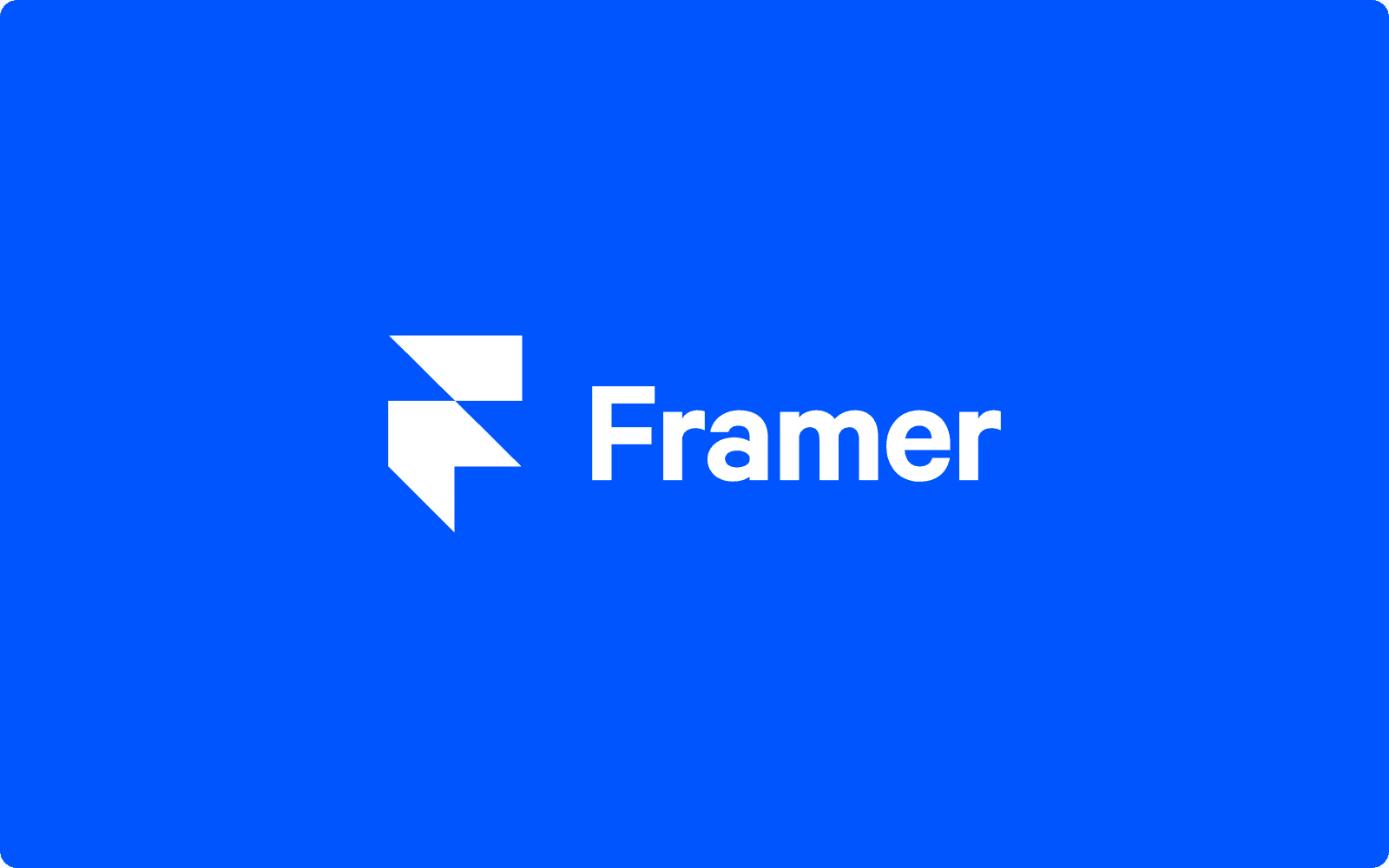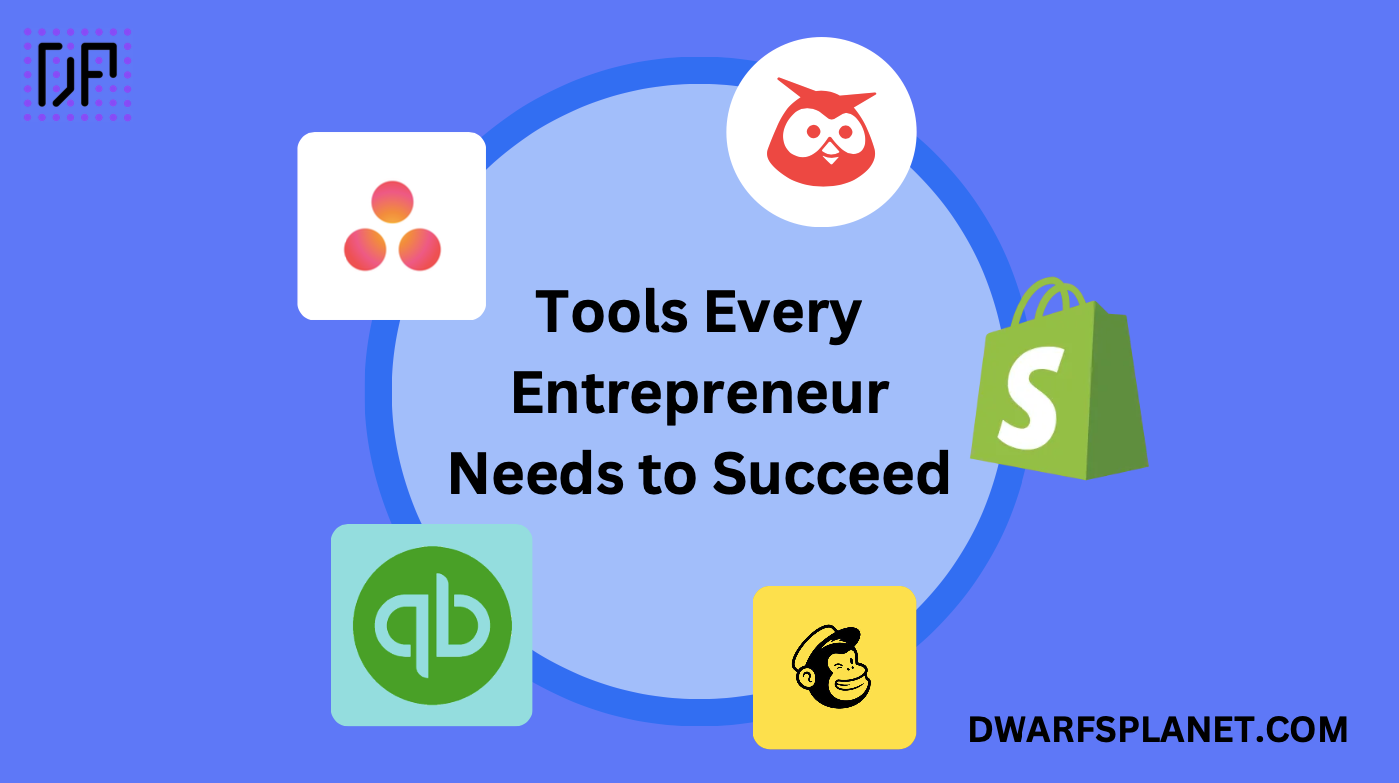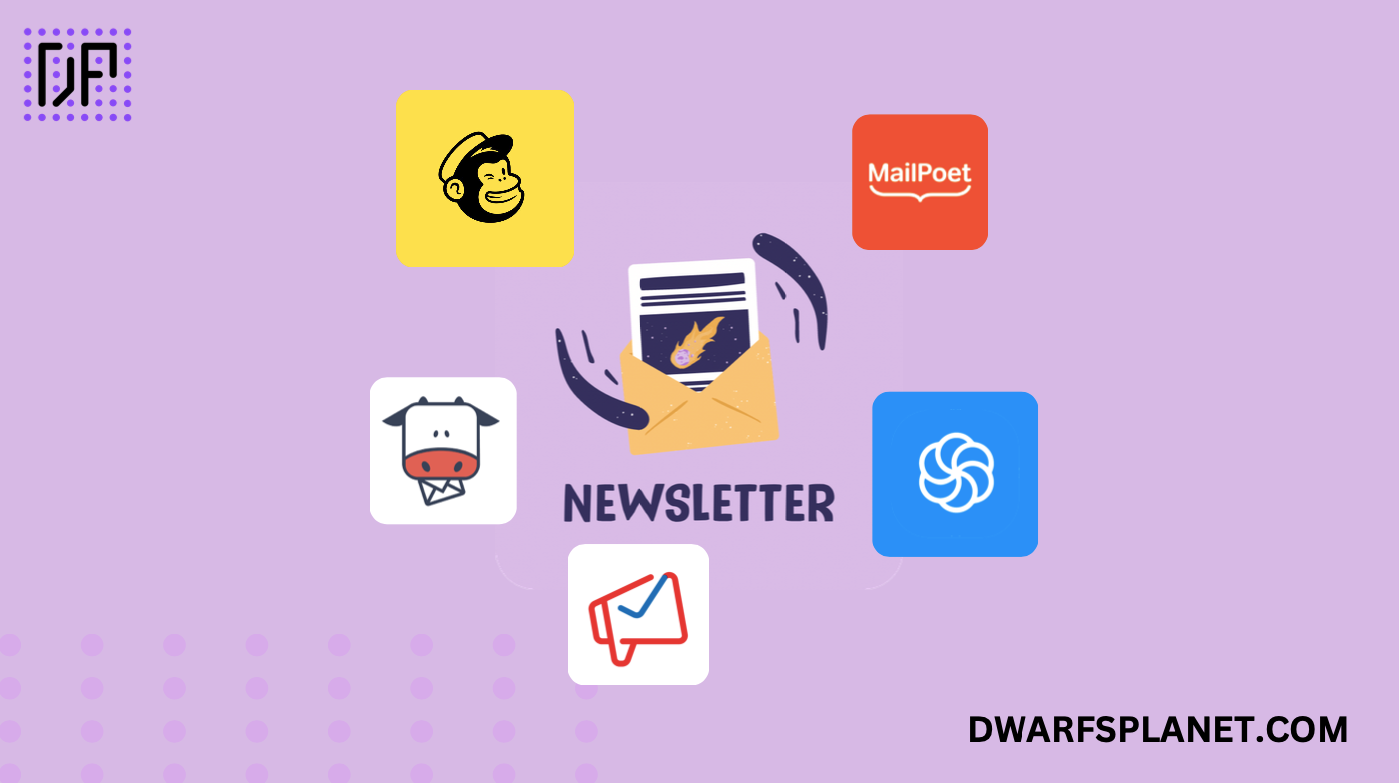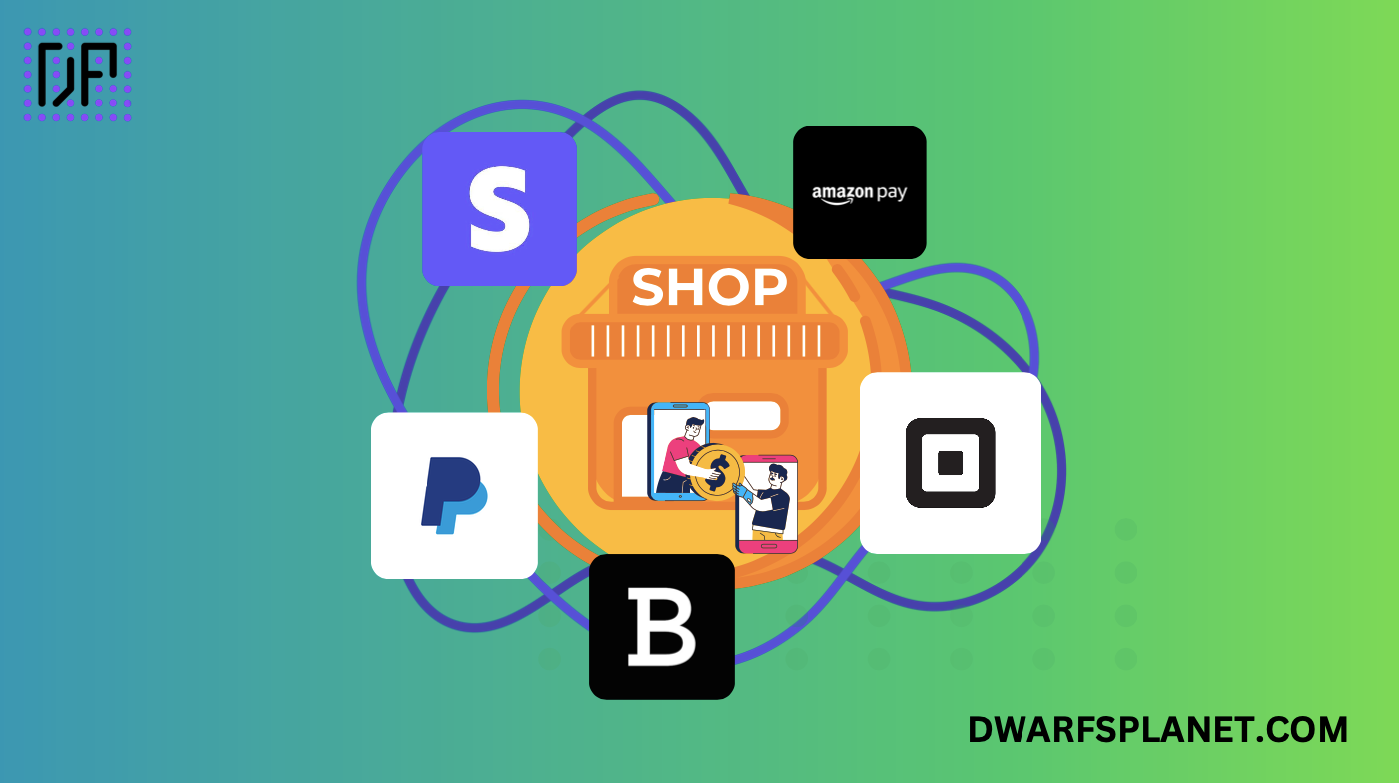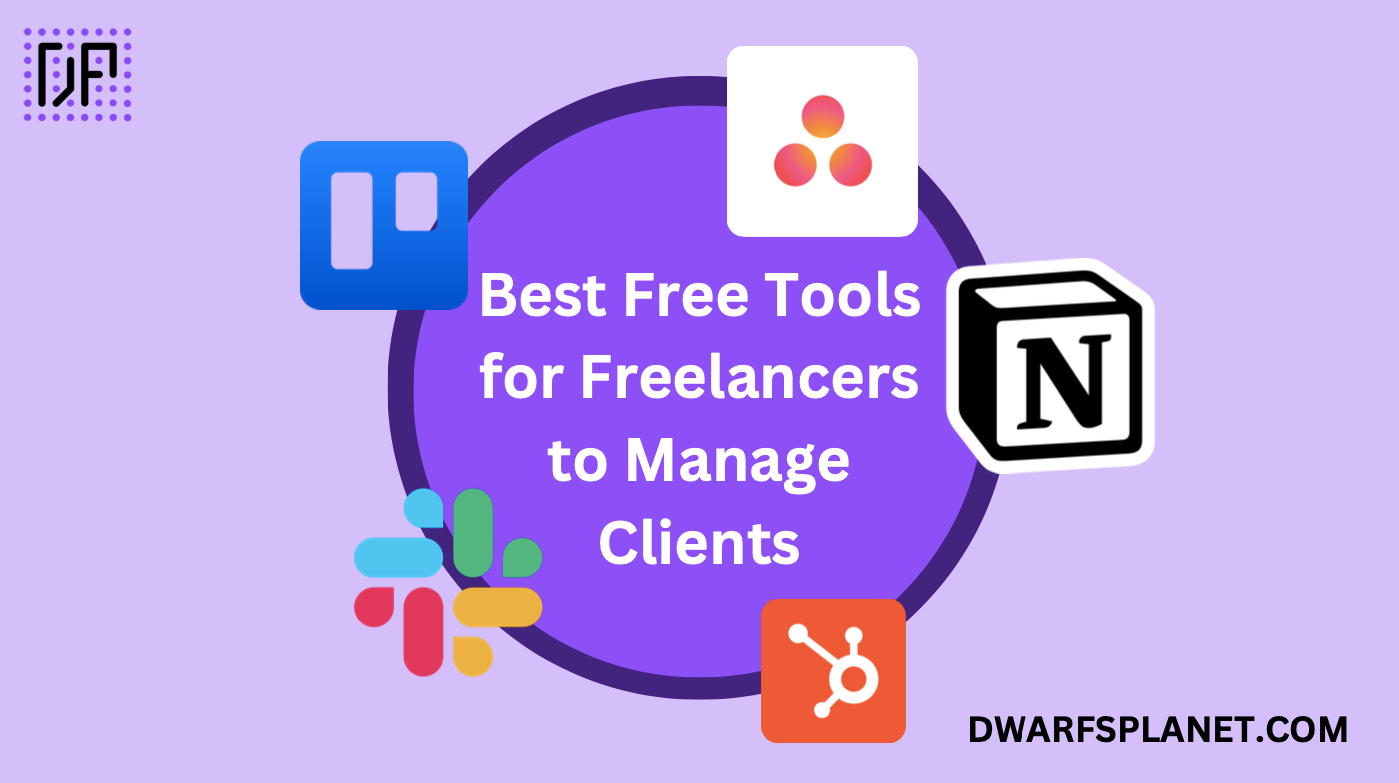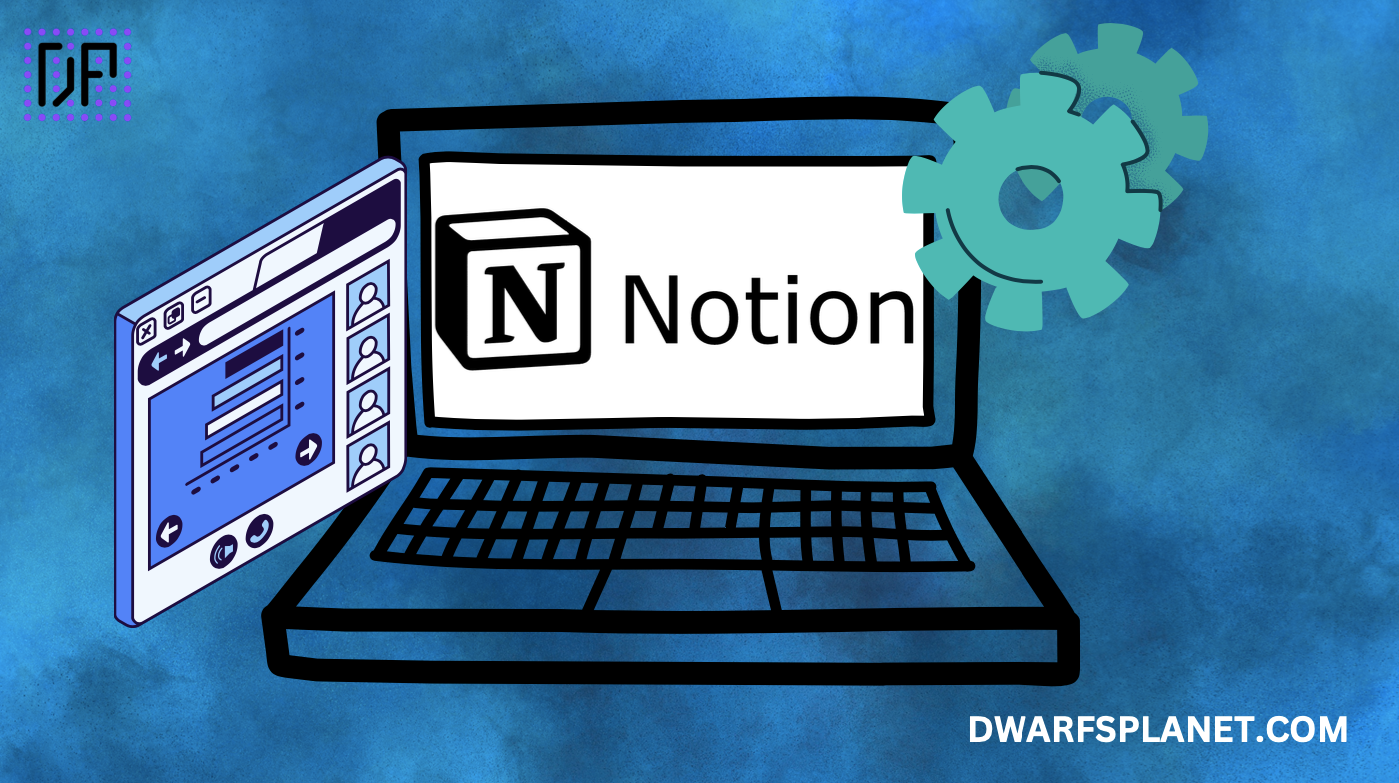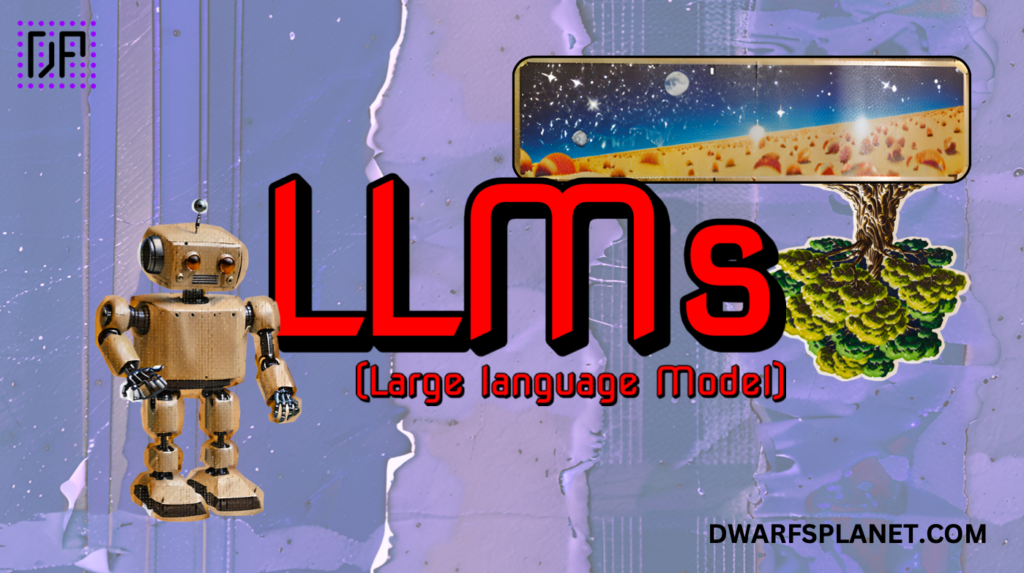
Introduction
Large Language Models (LLMs) have revolutionized natural language processing and AI, powering applications from chatbots to text generation. With the growing demand for AI literacy, learning about LLMs is more accessible than ever through various free resources. Here’s a list of 10 top resources to help you dive into LLMs, covering fundamentals, advanced topics, and practical applications.
1. Hugging Face Courses
Hugging Face is a leading platform in NLP and AI research, offering comprehensive resources on working with LLMs. Their free Transformers Course is a fantastic starting point, covering topics from the basics of transformers to hands-on model implementation with the Hugging Face library.
- Topics Covered: Transformer architectures, fine-tuning LLMs, NLP tasks, and advanced applications.
- Format: Self-paced text tutorials with interactive coding exercises.
- Why It’s Useful: Hugging Face is widely used in NLP, making this course highly practical with a focus on real-world applications.
2. DeepLearning.AI’s Generative AI with Large Language Models
DeepLearning.AI, founded by Andrew Ng, offers a Generative AI course on Coursera, which includes a free version with limited features. This course provides a strong foundation in generative AI, diving into transformer-based LLMs and their applications.
- Topics Covered: Basics of generative AI, transformer models, text generation, and ethical considerations.
- Format: Video lectures, quizzes, and practical assignments.
- Why It’s Useful: This course combines theory with practical exercises, ideal for both beginners and intermediate learners.
3. Google’s Machine Learning Crash Course
Google’s Machine Learning Crash Course offers a section dedicated to NLP and transformers. While it’s a broader machine learning course, it provides foundational knowledge relevant to understanding LLMs and their underlying principles.
- Topics Covered: Introduction to machine learning, neural networks, and foundational NLP techniques.
- Format: Interactive exercises, video lectures, and quizzes.
- Why It’s Useful: This crash course builds a strong foundation in machine learning, which is crucial for anyone looking to dive deeper into LLMs.
4. Stanford’s Natural Language Processing with Deep Learning
Stanford University offers a publicly accessible version of their NLP with Deep Learning course. It covers deep learning methods for NLP, including RNNs, transformers, and LLMs.
- Topics Covered: Word embeddings, RNNs, transformers, BERT, GPT, and real-world applications.
- Format: Lecture slides, reading materials, and coding assignments.
- Why It’s Useful: This course is one of the most comprehensive NLP resources and provides a strong academic grounding in LLMs.
5. Fast.ai Practical Deep Learning for Coders
Fast.ai’s Practical Deep Learning for Coders is a free course that emphasizes practical applications of deep learning. While the course primarily covers deep learning basics, it delves into NLP and language model training in later modules.
- Topics Covered: Deep learning basics, transfer learning, and NLP applications with transformers.
- Format: Video lectures, interactive notebooks, and community forums.
- Why It’s Useful: The course emphasizes hands-on learning, making it ideal for those who want to start implementing LLMs quickly.
6. Introduction to Large Language Models by Cohere
Cohere provides a brief yet informative Introduction to Large Language Models, focusing on how LLMs are created and their applications in NLP. This free guide is available on their website and covers the architecture of LLMs like GPT and BERT.
- Topics Covered: Transformer architecture, training LLMs, and deployment strategies.
- Format: Article-based guide with visuals and links to further readings.
- Why It’s Useful: Cohere’s guide is ideal for beginners looking for an overview without diving into too many technical details.
7. MIT OpenCourseWare – Machine Learning with Python
MIT’s Machine Learning with Python course, available on OpenCourseWare, offers valuable insights into machine learning fundamentals, including a section on NLP and neural networks. It provides foundational knowledge necessary for understanding LLMs.
- Topics Covered: Machine learning basics, neural networks, and introductory NLP.
- Format: Lecture videos, reading materials, and assignments.
- Why It’s Useful: MIT’s course provides a solid foundation for those new to machine learning, making it easier to understand the technicalities of LLMs later.
8. YouTube Channels – Two Minute Papers and Yannic Kilcher
YouTube channels like Two Minute Papers and Yannic Kilcher offer simplified explanations of recent advancements in AI and LLMs. Both channels regularly post videos summarizing research papers, updates, and breakthroughs in NLP and machine learning.
- Topics Covered: LLMs, NLP advancements, transformers, research summaries, and practical applications.
- Format: Short video explanations of papers and concepts.
- Why It’s Useful: These channels help you stay updated with the latest developments in LLMs and offer a digestible way to understand complex research.
9. OpenAI’s GPT Papers and Blog Posts
OpenAI’s official website offers research papers, blog posts, and documentation related to GPT models. They frequently publish detailed articles explaining how their models, including GPT-3 and GPT-4, work, providing insights into LLM architecture, training, and applications.
- Topics Covered: GPT models, LLM architecture, training data, and applications in different industries.
- Format: Research papers, blog posts, and case studies.
- Why It’s Useful: These resources are directly from OpenAI, the creators of GPT models, making it a reliable source for in-depth understanding.
10. Kaggle Datasets and Competitions
Kaggle is a fantastic platform for hands-on learning, offering free datasets and machine learning competitions where you can practice building LLMs or working on NLP tasks. Kaggle’s community, notebooks, and competitions make it an excellent resource for practical experience.
- Topics Covered: NLP datasets, LLM projects, hands-on model training.
- Format: Datasets, notebooks, competitions, and community forums.
- Why It’s Useful: Kaggle offers an interactive environment to practice building and fine-tuning LLMs, with community support and examples to help guide your work.
Conclusion
These 10 free resources offer an excellent foundation for anyone interested in learning about Large Language Models. From comprehensive courses and tutorials on Hugging Face and DeepLearning.AI to practical experience on Kaggle and YouTube channels covering recent advancements, there’s something for every learning style. By utilizing these resources, you’ll gain both the theoretical understanding and practical skills needed to leverage LLMs effectively.
 Skip to content
Skip to content 
